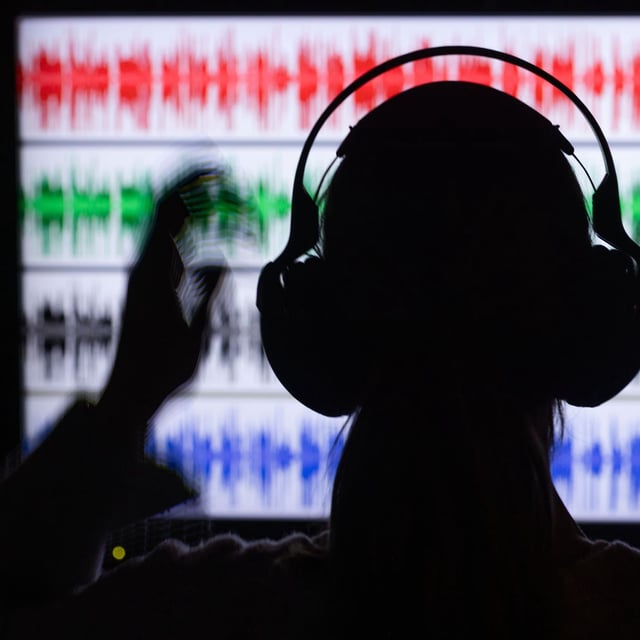Overview
- Starting in mid-June, an unknown actor set up the deceptive address “Marco.Rubio@state.gov” and used AI tools to replicate Rubio’s voice and writing style.
- The impersonator reached out to at least three foreign ministers, a U.S. governor and a member of Congress via SMS, Signal and voicemail.
- U.S. officials report that the deepfake scam did not yield any sensitive data and describe it as unsuccessful and unsophisticated.
- The State Department has issued warnings to all embassies and consulates and is investigating the incident, urging staff to flag suspicious communications.
- Experts warn that just 15 seconds of audio can generate convincing deepfake voices, mirroring recent AI-driven impersonation cases in Canada and Ukraine.



